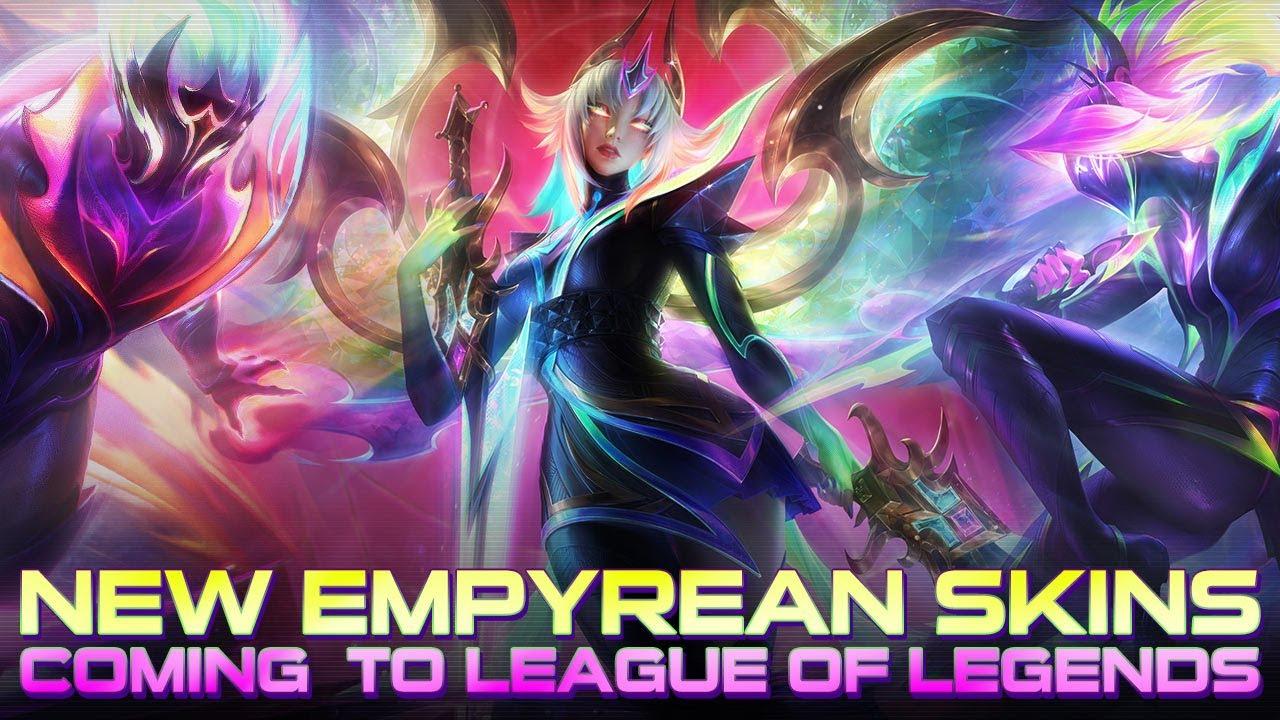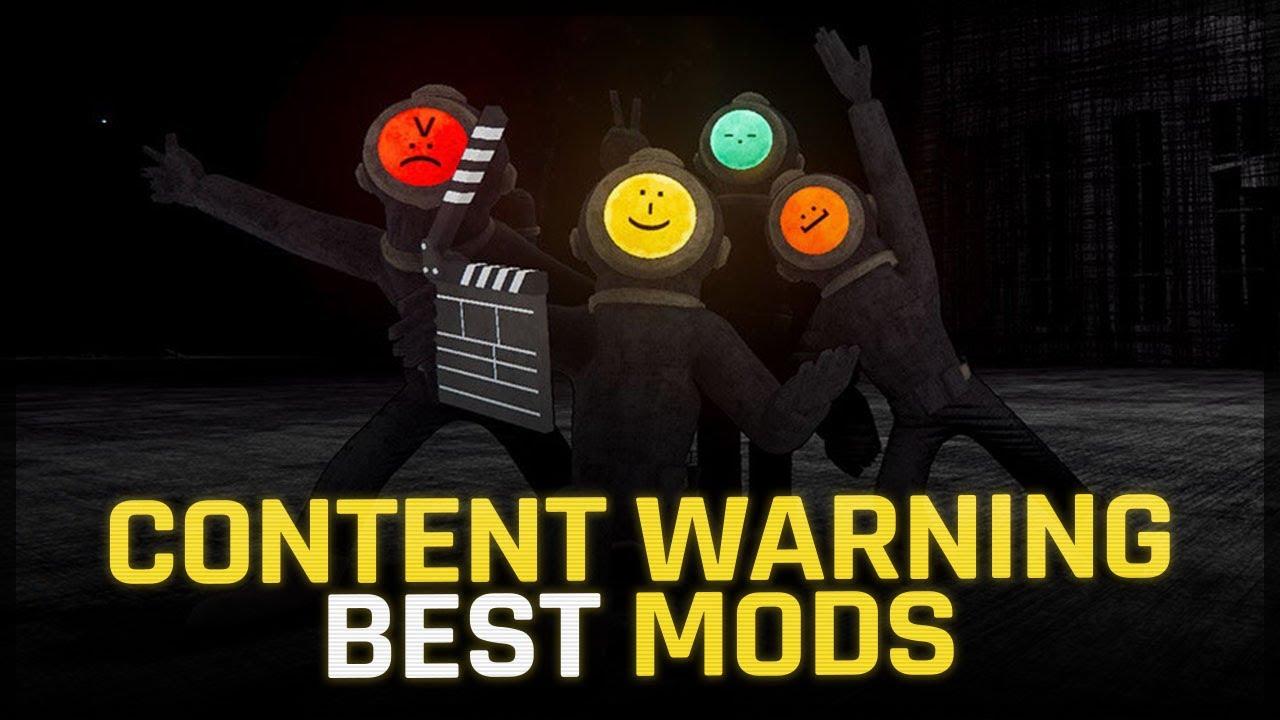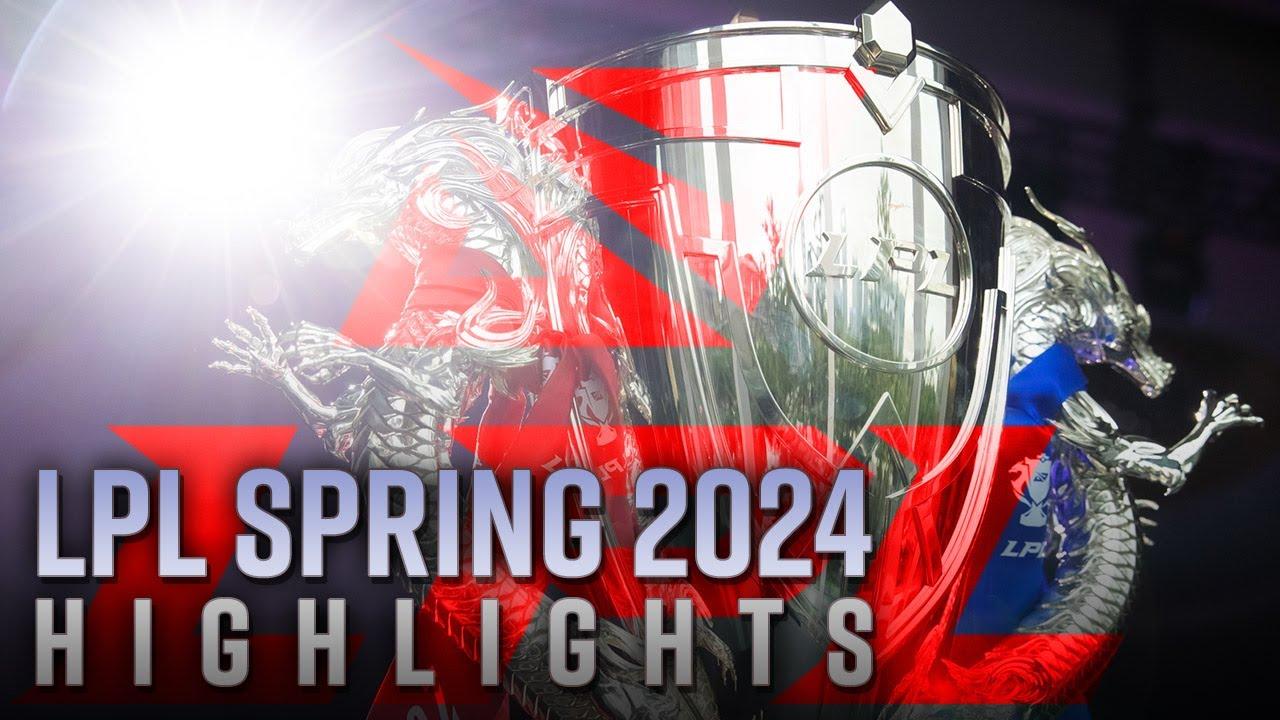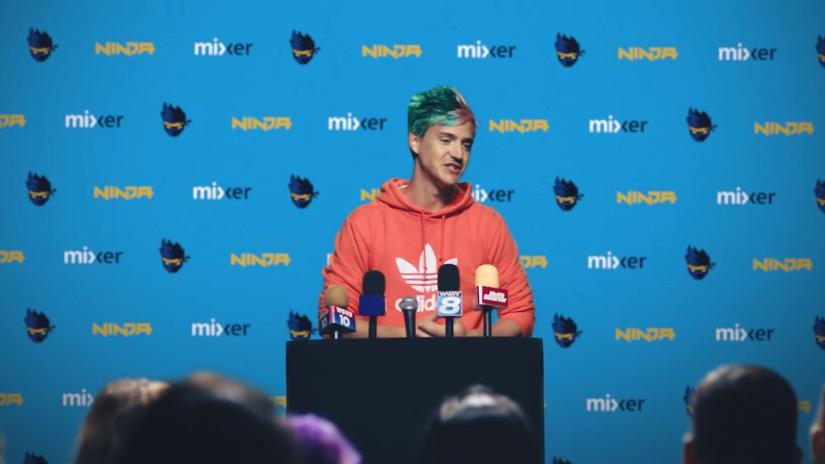
Fortnite pro Ninja gives opinion on violent video game debate
For those wondering where Tyler “Ninja” Blevins stands on gun violence and its root cause, he can’t tell you what it is, but he does have an opinion on what it isn’t: video games.
Catching up with Ninja on the street, TMZ Sports wanted the Fortnite pro’s thoughts on the Donald Trump administration’s stance against video games in the face of increasing gun violence in America.
“What’s violent about Minecraft bro,” Ninja asked a reporter.
It’s a coy shot which, to most gamers, should sound clean enough to end the argument. Indeed, games like Minecraft don’t exactly glorify violence, although there is a survival mode where you have to protect yourself against zombies with primitive weapons. And that’s not to mention the many scores of video games without any violence in them at all.
President Trump’s comments, coming from someone whose position on the matter took hold years before election, were pointed squarely at games featuring violence, but that hasn’t stopped the conversation from proliferating further as an attack on the hobby in general.
Walmart, the backdrop of the recent mass shooting horror in El Paso, Texas, responded by removing displays of violent video games from their stores. The move drew harsh backlash as the company proudly continued to advertise gun sales for the back-to-school season.
Do violent video games cause violent behavior?
These debates are reminiscent of the ones once sparked in the early 2000s when Florida attorney Jack Thompson began an infamous crusade against video games. He believed he had found evidence that they caused upticks in adolescent shooting incidents.
Since then, studies have suggested there’s no hard evidence to pin the cause of violence, particularly in younger generations, squarely on video games, though some have concluded that playing these games might correlate with the development of more aggressive behavior.
But more comprehensive studies in contemporary times challenge even that notion. For instance, a neurological study by the Hannover Medical School, published in Frontiers in Psychology in 2017, found that, throughout a group of similarly aged gamers, there was little discernment between the brain registers of those who consume violent video games and those who don’t.
On the contrary, there are also studies that suggest video games may have psychological benefits, including increased cognitive function and lower levels of stress and depression.
Also harming Trump’s rhetoric is the lack of consideration for the effects of film and TV around the same issue, as the two mediums have portrayed and glorified violence long before video games came around. Those mediums are also more easily accessible than the expensive hardware and software needed to play video games.
The debate about violent video games and their effects on adolescents is necessary, but it shouldn’t be carried out in a one-sided vacuum, and it shouldn’t be used as a scapegoat in the face of horrific tragedy.
Recommended

Tristan Tate claims esports are not a sport, pro gamers react
“My players have all 15 girlfriends each.”
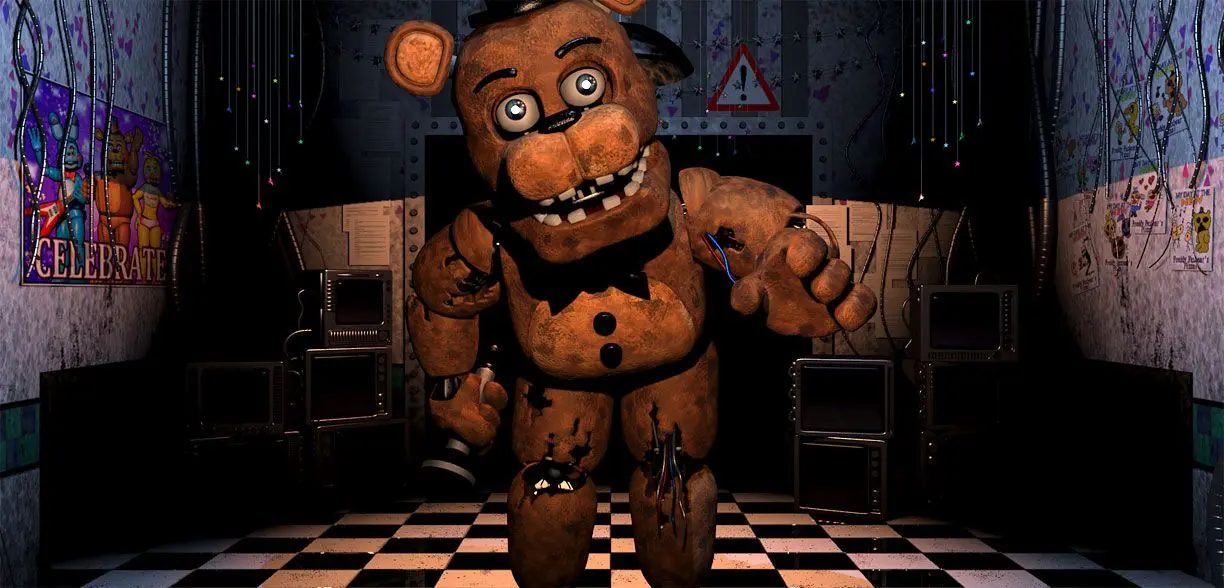
How many Five Nights at Freddy’s games are there?
Five Nights at Freddy’s has continued to be a popular video game franchise thanks to its creepy...

How to convert Valorant sensitivity to Apex Legends
Valorant is a 5v5 shooter, whereas Apex Legends is a battle royale. But if you want to excel at both,...

